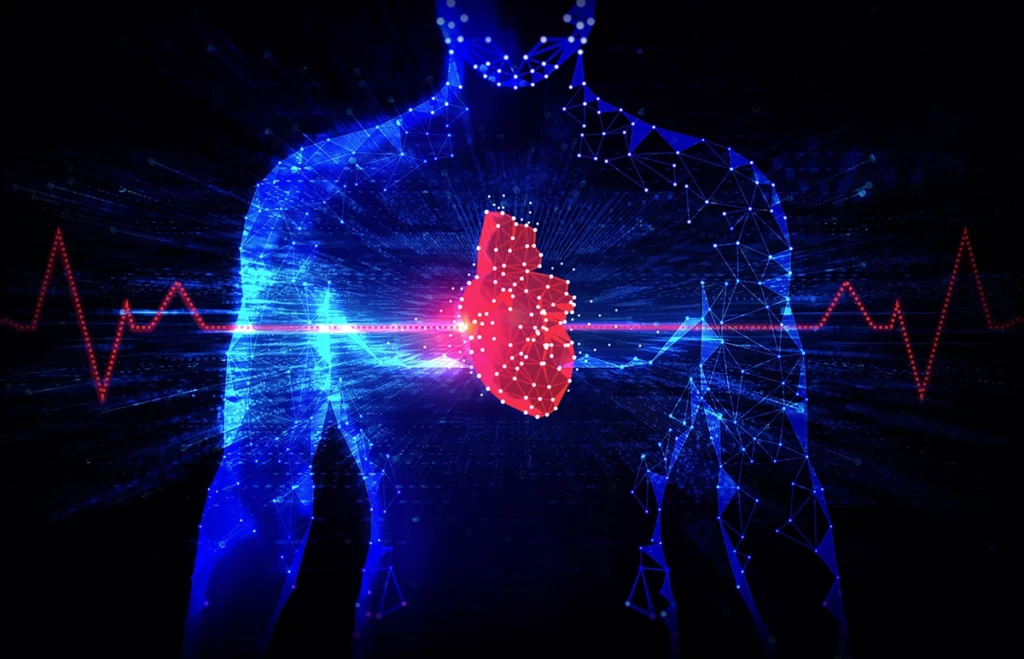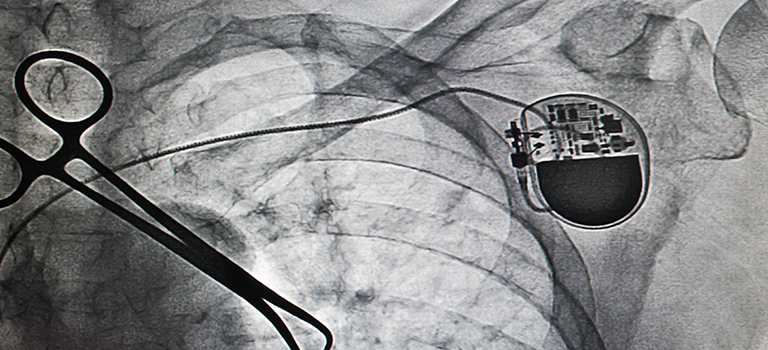Health
Health Electrophysiology News
Welcome to our Health Electrophysiology News page. Explore a wide array of medical updates and in-depth analysis pertaining to the ever-evolving field of health electrophysiology. Our goal is to keep you well-informed and involved through an extensive collection of resources, encompassing RSS feeds, videos, imagery, and articles. Immerse yourself in this dynamic healthcare realm, staying abreast of the latest breakthroughs and advancements.


What is Electrophysiology?
Electrophysiology is a specialized branch of medical science that focuses on the electrical activity of biological cells and tissues, particularly in relation to the cardiovascular system. In the context of healthcare, electrophysiology primarily refers to the study and diagnosis of heart rhythm disorders, known as arrhythmias. This field involves the use of advanced techniques and technologies to assess the electrical signals generated by the heart and to identify any abnormalities or irregularities in its function.
What is a Rhythm Disorder?
A rhythm disorder, also known as an arrhythmia, refers to an abnormality in the electrical activity of the heart. The heart has its own electrical system that controls the timing and coordination of its contractions, ensuring that blood is pumped efficiently throughout the body. In a normal heart, the electrical signals originate in the sinus node (the heart’s natural pacemaker) and travel through specific pathways, causing the heart muscles to contract and pump blood. However, in a rhythm disorder, there is a disruption in this electrical system, resulting in irregular or abnormal heartbeats.
Electrical Physiological Studies
Electrophysiological studies (EPS) are specialized tests performed by electrophysiologists to evaluate and assess the electrical activity of the heart. These studies help diagnose and locate the source of abnormal heart rhythms or arrhythmias.
Electrophysiological studies are valuable in diagnosing and guiding the treatment of various arrhythmias, including supraventricular tachycardia, atrial fibrillation, ventricular tachycardia, and certain types of heart block. These studies provide crucial information to help the electrophysiologist determine the most effective interventions for managing the patient’s rhythm disorder.
It’s worth noting that electrophysiological studies are performed by skilled healthcare professionals in specialized cardiac electrophysiology labs or catheterization labs, with strict adherence to safety protocols to minimize risks associated with the procedure.
Arrythmias That Can Affect Health
Arrhythmias are abnormal heart rhythms that can adversely affect your health. Atrial Fibrillation (AFib) is the most common type and involves irregular and rapid beating of the heart’s upper chambers, increasing the risk of stroke and heart failure. Ventricular Tachycardia (VT) originates from the lower chambers and can lead to fainting or even life-threatening ventricular fibrillation. Supraventricular Tachycardia (SVT) causes a rapid heartbeat and discomfort. Bradycardia is a slow heart rate that can result in fatigue, dizziness, and inadequate organ blood flow. Ventricular Fibrillation (VF) is a chaotic rhythm requiring immediate medical intervention to restore normal heartbeat. Long QT Syndrome (LQTS) can cause fainting and dangerous arrhythmias. Wolff-Parkinson-White Syndrome (WPW) involves an additional electrical pathway between chambers, leading to rapid heart rates. Prompt medical attention is crucial if you experience symptoms or have a known arrhythmia, as the severity and potential risks vary among these conditions.
What does an Electrophysiologist Do?
An electrophysiologist is a medical doctor who specializes in the diagnosis and treatment of electrical activities and disorders of the heart. They are cardiologists with additional training and expertise in the field of electrophysiology. The main focus of an electrophysiologist is to study and manage the electrical system of the heart, which controls the heart’s rhythm and the coordination of its chambers’ contractions. They use specialized techniques and equipment to evaluate and treat conditions such as arrhythmias (irregular heart rhythms) and other abnormalities related to the heart’s electrical activity.
Here are some specific tasks and responsibilities of an electrophysiologist:
- Diagnosis: Electrophysiologists use various diagnostic procedures and tests to evaluate patients with suspected or known heart rhythm disorders. These may include electrocardiograms (ECGs or EKGs), Holter monitors, event monitors, stress tests, echocardiograms, and electrophysiological studies (EPS).
- Treatment planning: Once a diagnosis is made, electrophysiologists develop treatment plans tailored to each patient’s condition. They take into account factors such as the type and severity of the arrhythmia, the patient’s overall health, and the patient’s preferences.
- Electrophysiology studies: Electrophysiologists perform electrophysiology studies to further evaluate the nature and location of arrhythmias. During this procedure, catheters are inserted into the heart to record electrical signals and assess the conduction system.
- Ablation procedures: Electrophysiologists perform cardiac ablation procedures to treat certain types of arrhythmias. This technique involves using catheters to deliver energy (usually radiofrequency or cryotherapy) to destroy the abnormal heart tissue causing the arrhythmia.
- Implantation of devices: Electrophysiologists implant and manage various devices used for cardiac rhythm management. These include pacemakers, implantable cardioverter-defibrillators (ICDs), and cardiac resynchronization therapy (CRT) devices.
- Follow-up care: Electrophysiologists provide ongoing care and monitoring to patients with heart rhythm disorders. They may make adjustments to medications, evaluate device function, and assess overall cardiac health through regular check-ups and follow-up tests.
It’s important to note that electrophysiologists work closely with other healthcare professionals, including general cardiologists, cardiac surgeons, and specialized nursing staff, to provide comprehensive care to patients with heart rhythm disorders.



